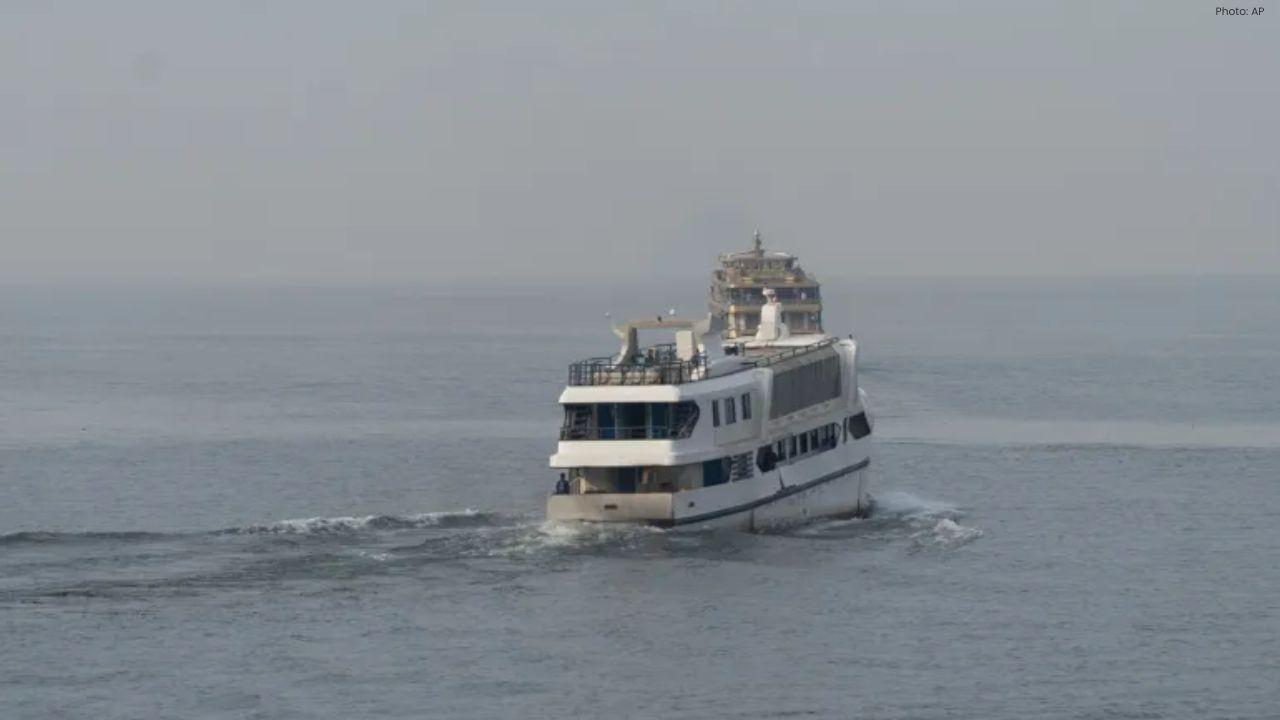
Post by : Mumtaaz Qadiri
Authorities in the Democratic Republic of Congo reported that two separate boat accidents this week have killed at least 193 people. The incidents happened on Wednesday and Thursday in the northwestern Equateur province, with the locations about 150 kilometers (93 miles) apart. These accidents are a tragic reminder of the dangers of river travel in the country.
Thursday’s Accident on the Congo River
The more severe accident occurred on Thursday near Malange village in Lukolela territory. A boat carrying nearly 500 passengers caught fire and capsized on the Congo River. According to the Ministry of Social Affairs, 209 people survived the accident, while 146 passengers were still missing.
Fire and Damage
As the boat burned, it drifted downstream, causing additional destruction. The fire destroyed the vessel’s cargo and spread to the riverbank, igniting 15 homes. Local volunteers and naval personnel were involved in ongoing search and rescue efforts, working to find missing passengers and contain the damage caused by the fire.
Wednesday’s Boat Capsize
The earlier accident took place on Wednesday at the meeting point of the Nsolo and Great Maringa rivers in Basankusu territory. At least 86 people died in this incident, most of whom were students. Eight survivors were rescued from the water by local residents. Several others were still missing, though the exact number was unclear.
Causes of the Accidents
Civil society activist Akula Mboyo explained that the Wednesday accident was caused by “improper loading and night navigation.” Traveling at night is formally prohibited in Congo due to safety concerns. Overloading, poor vessel maintenance, and ignoring travel rules often contribute to these deadly incidents.
Rescue Efforts
Rescue operations for both accidents involved local volunteers, naval personnel, and other authorities. In the Thursday accident, volunteers and rescuers worked tirelessly to save as many people as possible and to search for the missing. Limited resources and the remote locations of these accidents make rescue efforts challenging and time-consuming.
River Transport in Congo
Boat accidents are increasingly common in Congo, where rivers are a key mode of transportation. Public infrastructure, such as roads and bridges, is limited, especially in remote rainforest regions. Many villages rely on boats for daily travel, trade, and access to essential services, making river transport essential despite its risks.
Poorly Maintained Vessels
Many of the boats used in Congo are old, poorly maintained, and often overloaded. These factors significantly increase the risk of accidents. Passengers frequently travel in unsafe conditions because alternatives are limited, and economic pressures encourage operators to overload vessels to maximize earnings.
Night Travel Risks
Traveling at night is officially banned due to safety concerns, yet many boats still operate after dark. Poor visibility, lack of lighting, and difficult river conditions make night navigation extremely dangerous. In both this week’s accidents, night travel contributed to the severity of the incidents.
Impact on Local Communities
The accidents have a devastating impact on local communities. Families lose loved ones, and survivors often face physical and emotional trauma. The fire from the Thursday accident also destroyed nearby homes, leaving people homeless and increasing the need for emergency support and humanitarian aid in the affected areas.
Historical Context
Boat accidents are not new in Congo. Last year, a vessel carrying hundreds of passengers sank in Lake Kivu, killing at least 78 people. These repeated incidents highlight ongoing safety challenges in river transport and the urgent need for improved regulations, maintenance, and enforcement of travel rules.
Safety Challenges
Limited resources, remote locations, and poor infrastructure all contribute to the high number of boat accidents. Even when regulations exist, enforcement is often weak, and operators may prioritize profit over safety. As a result, accidents like these continue to claim many lives each year.
Need for Improved Measures
Experts and activists stress the importance of improving safety measures for river transport. This includes stricter enforcement of loading limits, better maintenance of vessels, prohibition of night travel, and increased awareness among passengers about the risks. Without these measures, similar tragedies are likely to continue.
The two recent boat accidents in Equateur province, Democratic Republic of Congo, have killed at least 193 people and left many others missing. Causes include overloading, poor vessel maintenance, and night travel. Local communities, volunteers, and naval personnel are working to rescue survivors and assist those affected. These tragedies highlight the dangers of river travel in Congo and the urgent need for improved safety measures to prevent future accidents.
Congo boat accidents, River transport deaths, Overloaded vessels risk, Equateur province tragedy




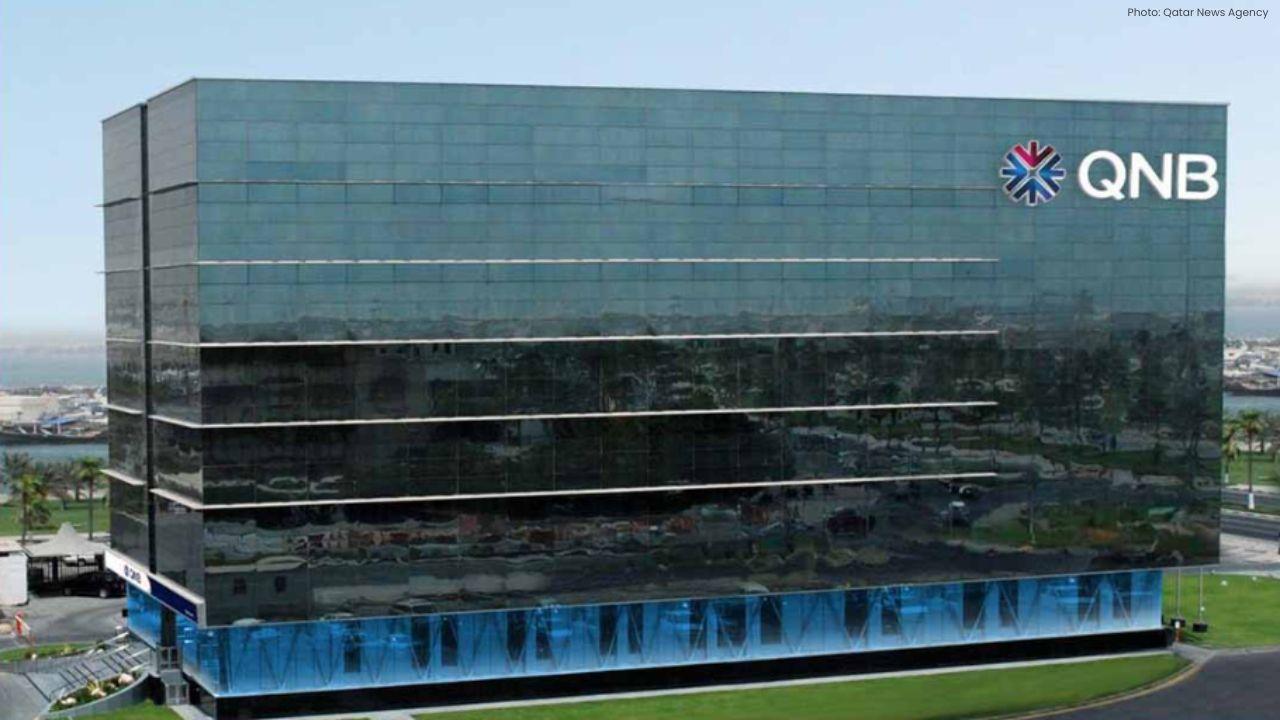



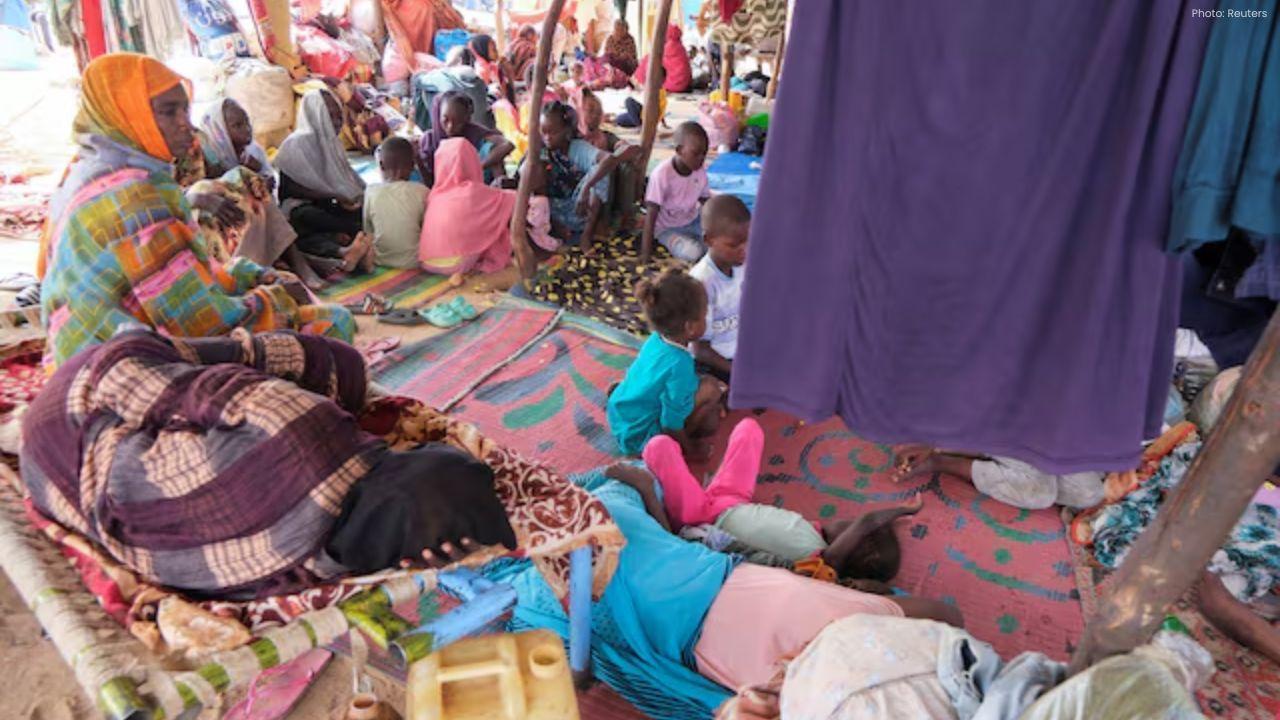

US, Saudi, UAE And Egypt Call For Truce and Peace In Sudan
US, Saudi, UAE, and Egypt urged a 3-month truce in Sudan, pushing for peace, civilian rule, and reli
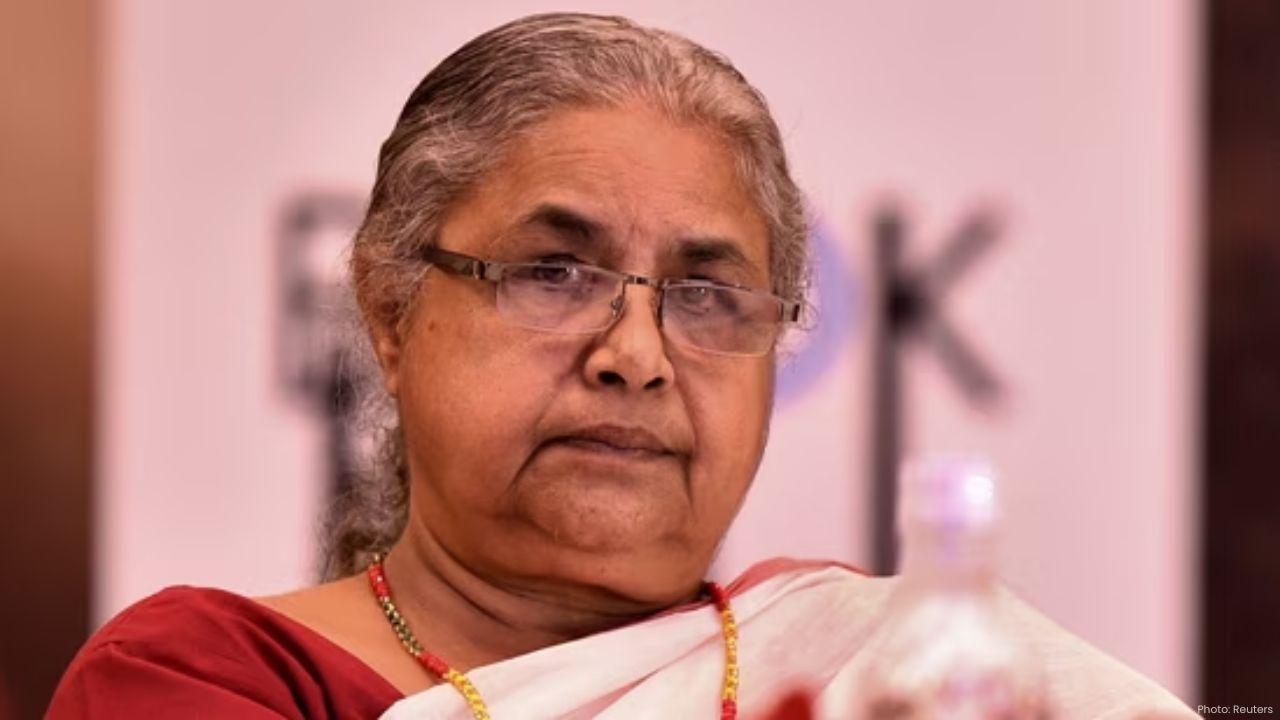
Sushila Karki Becomes Nepal’s First Woman Interim Prime Minister
Former Chief Justice Sushila Karki was sworn in as Nepal’s interim Prime Minister. She will lead unt
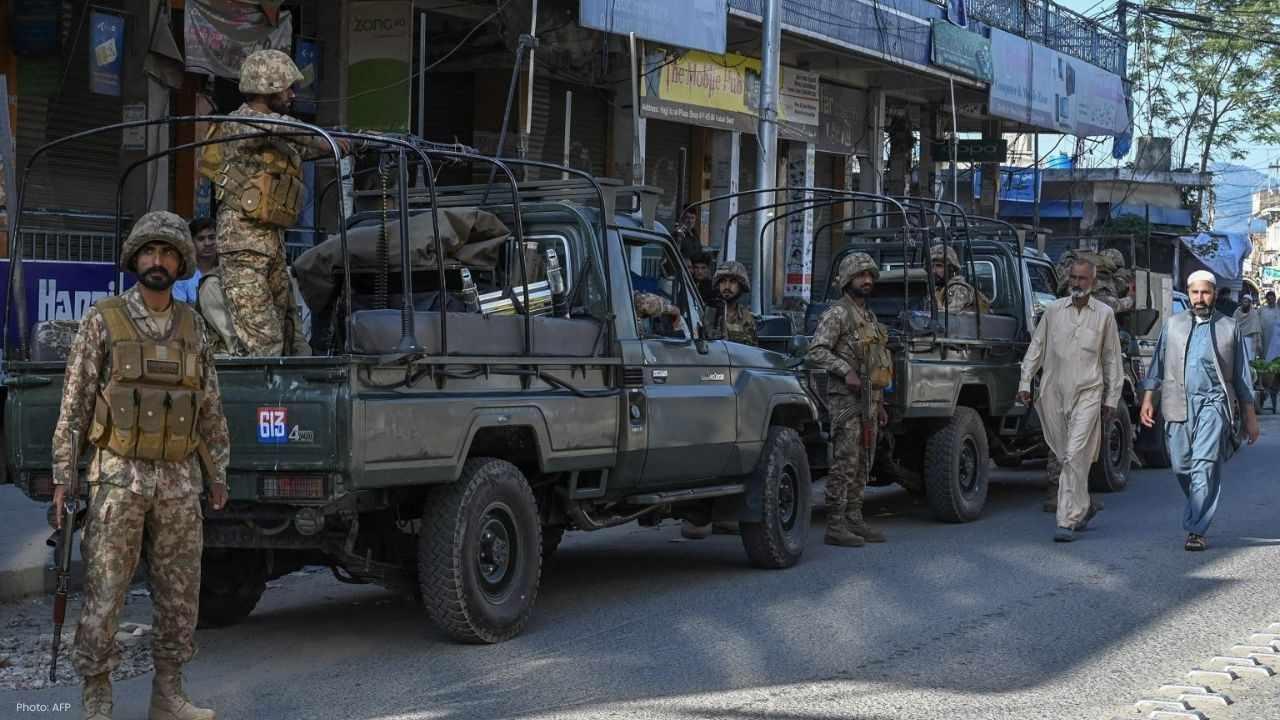
Twelve Soldiers Killed In Militant Attack In South Waziristan
Twelve soldiers were killed in an ambush by militants in South Waziristan near Afghanistan’s border,

Pavel Sivakov Gets Second Place In Québec Bike Race
Pavel Sivakov took second place in the Québec bike race as Julian Alaphilippe won. Tadej Pogačar ret

Netanyahu Fails In Qatar Strike As Hamas Leaders Survive
Israel’s strike in Qatar to kill Hamas leaders failed, sparking backlash, harming Netanyahu’s global

Qatar Prime Minister Meets Trump After Israeli Strike On Doha
Qatar’s Prime Minister meets Donald Trump in New York after Israel’s deadly strike on Doha. Talks fo